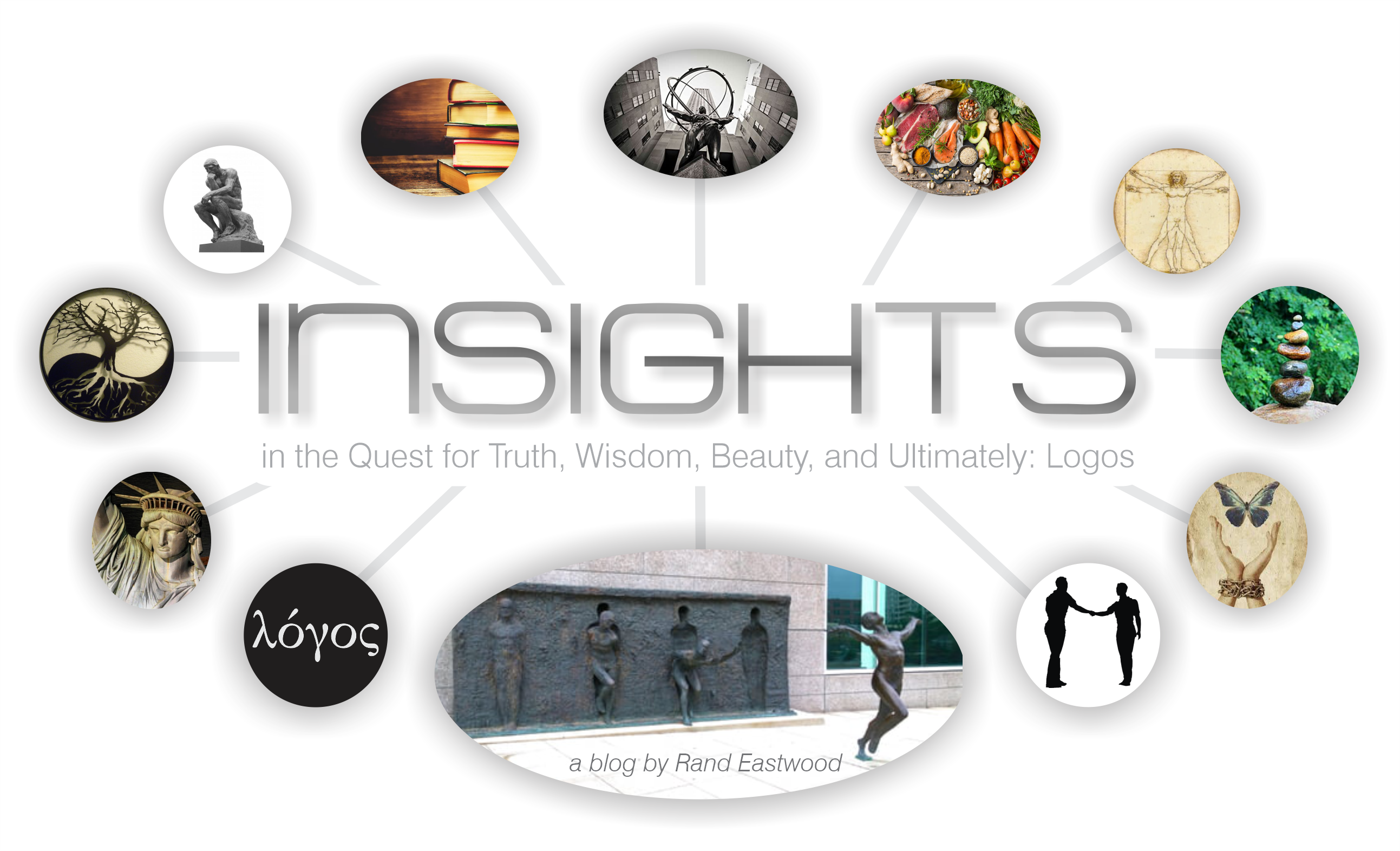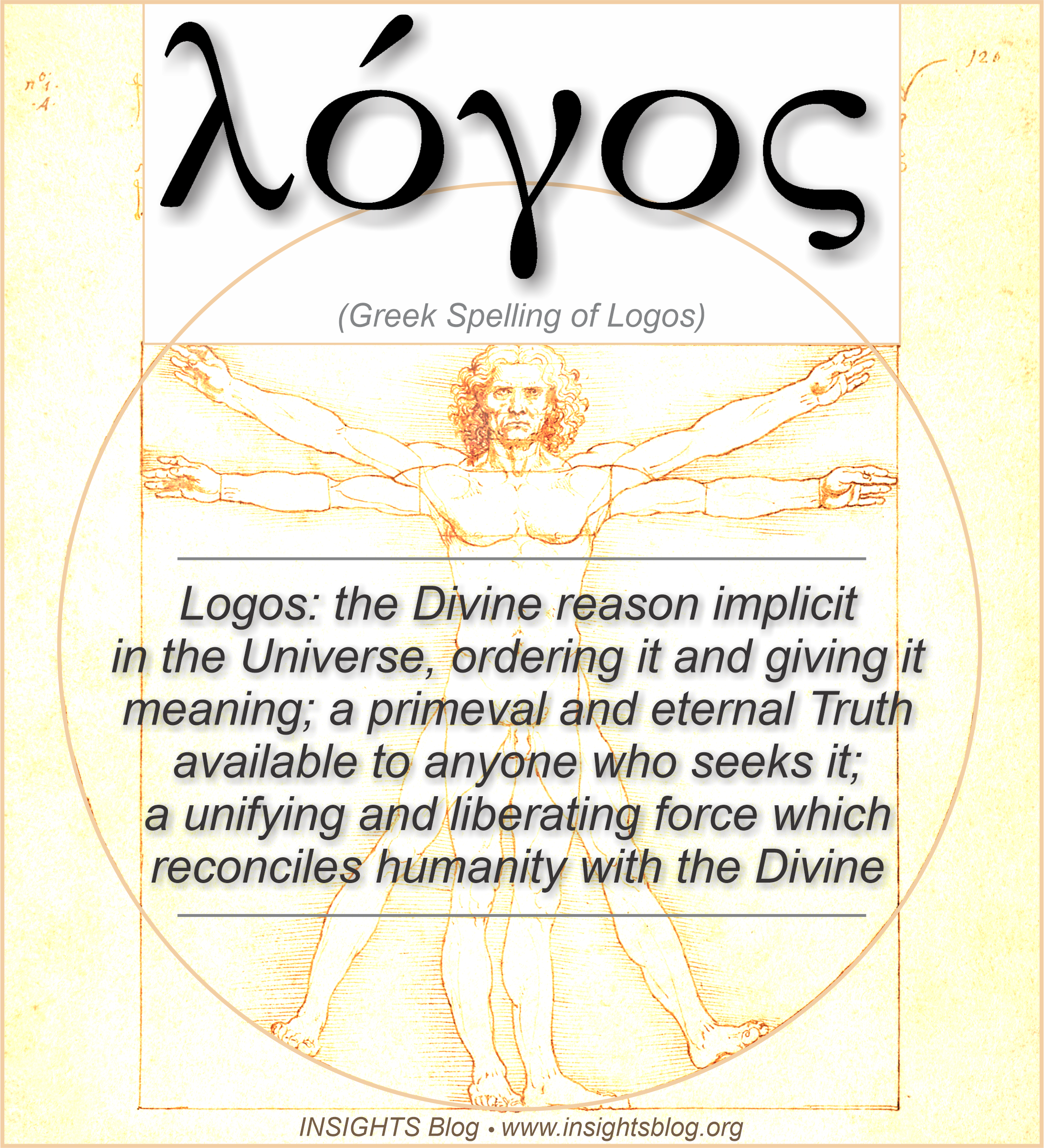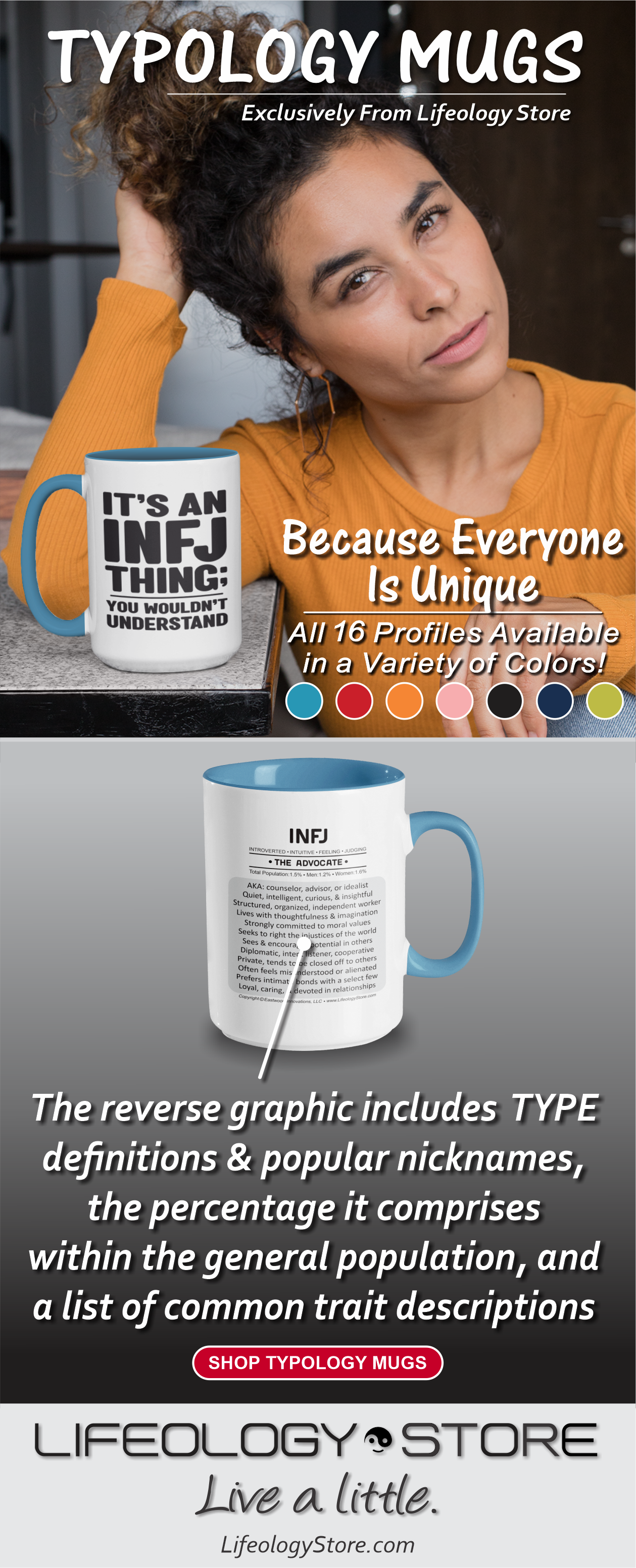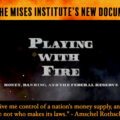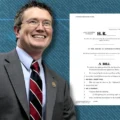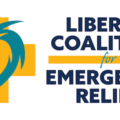Autarchy
I differentiate autarchy from anarchy in that anarchy literally means no rulers, which does not specifically preclude individuals failing to rule themselves in the absence of an established ruling institution or government (thus prompting the common misconception of violence, lawlessness, riots in the street, etc.—which is not the true definition, of course, but it is nonetheless what many believe).
Autarchy, on the other hand, literally means self-rule—which does, in fact, specify that individuals rule themselves in the absence of an established ruling institution or government. And, as a core tenet of the autarchist philosophy, I define self-rule/self-governance to include self-discipline, self-control, personal development, self-mastery, and non-egocentric living, along with the requisite personal responsibility inherent in individual liberty—thereby characterizing autarchy as ethical anarchy, or possibly even holarchy (a system in which individuals are both autonomous wholes, as well as participating members of a network or hierarchy)—though I’m still in the process of studying that idea…
And of course, as an Autarchist, I also adhere to the principles of individualismIndividualism: The belief that all individuals are sovereign, being the sole and final authority over their own life, mind, body, labor, property, and wealth. and consensualismConsensualism: The belief that all interactions between individuals should be consensual among all involved, and not forced or coerced (or conversely, constrained or prohibited)..
